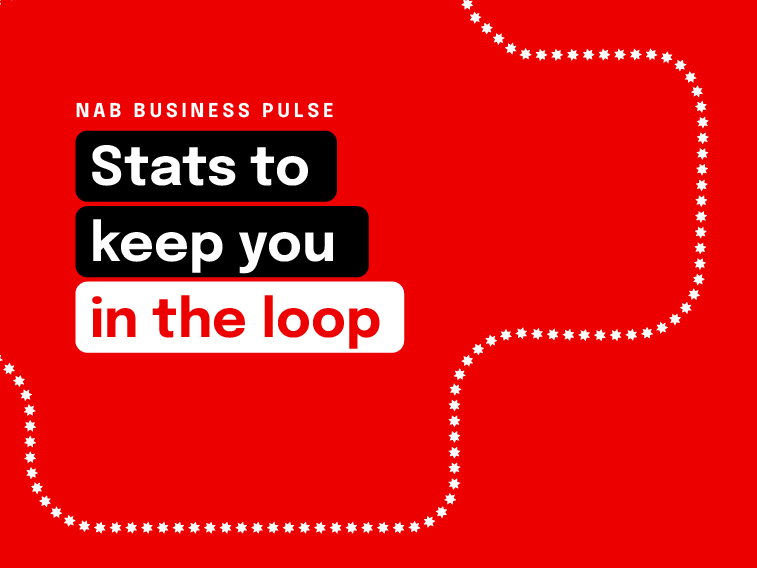Change is a constant in our global environment, but that's all the more reason to keep moving forward on your terms.


Article
At the end of the financial year it’s important to make sure your tax affairs are in order. The Australian Tax Office has provided information about recent changes that might affect your business and a checklist of common mistakes you’ll want to avoid.

Changes to tax regulations are happening all the time and, at the end of the financial year, it’s important to check whether any recent changes will affect your business. You might also want to review the mistakes most commonly made by small business owners.
The Australian Taxation Office (ATO) has provided the following information and tips to help you meet all of your obligations.
Recent changes that might affect your business:
Find out more about eligibility for small business concessions
From 1 July 2012, businesses in the building and construction industry must report to the ATO the total payments they make to each contractor for building and construction services each year. The first taxable payments annual report is due 21 July 2013. As long as you have appropriate software and an AUSkey you can lodge your report quickly and easily online.
The compulsory super guarantee rate will be gradually increased from 9 percent to 12 percent over the next seven years. The first increase, from 9 percent to 9.25 percent, will take effect on 1 July 2013.
From 1 July 2013, the existing age limit for employee super guarantee eligibility will be removed. This means you’ll need to start making super guarantee payments for eligible employees who are 70 years old or over.
It’s important to make sure your payroll and accounting systems cater for both of these changes. If you have 19 or fewer employees you can use the free Small Business Superannuation Clearing House to pay your super contributions in one transaction to a single location.
Employers must also have a default super fund where they make super guarantee payments for employees who don’t have a preferred fund. From 1 January 2014, this fund must offer MySuper, which will eventually replace existing default products. Super funds will be allowed to provide MySuper products from 1 July 2013 and will provide information to help with the changeover.
Get more information for small businesses from the ATO or speak to your NAB Business Banker, or NAB Financial Planner.
You may also be interested in:
© National Australia Bank Limited. ABN 12 004 044 937 AFSL and Australian Credit Licence 230686.